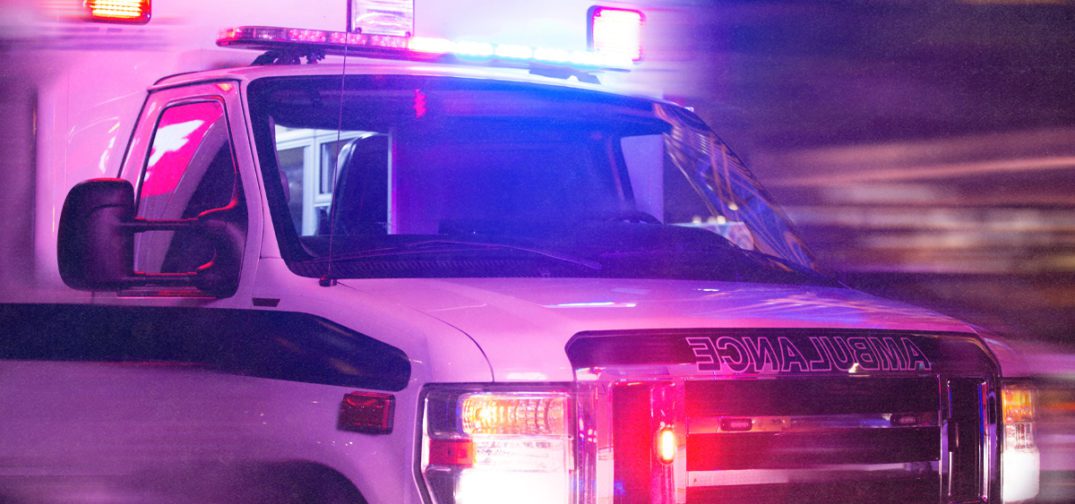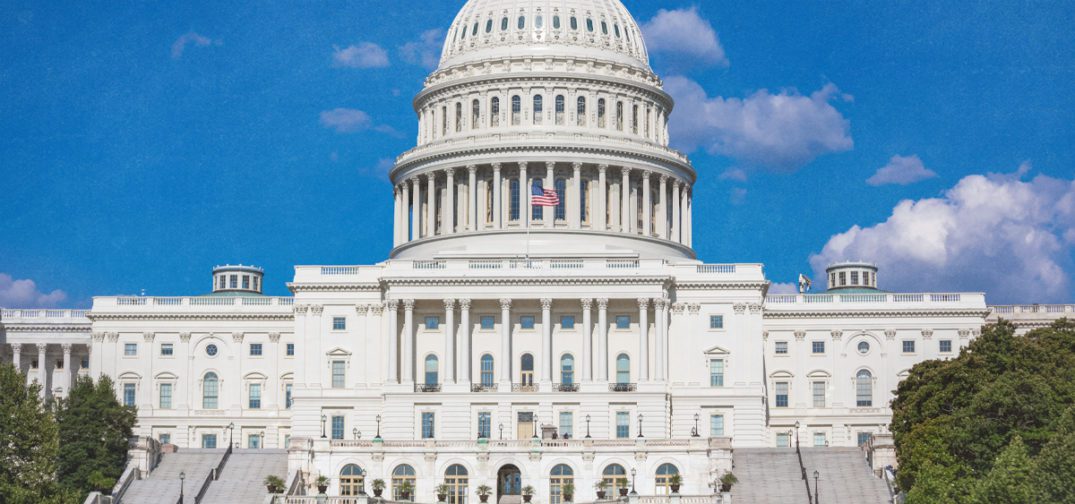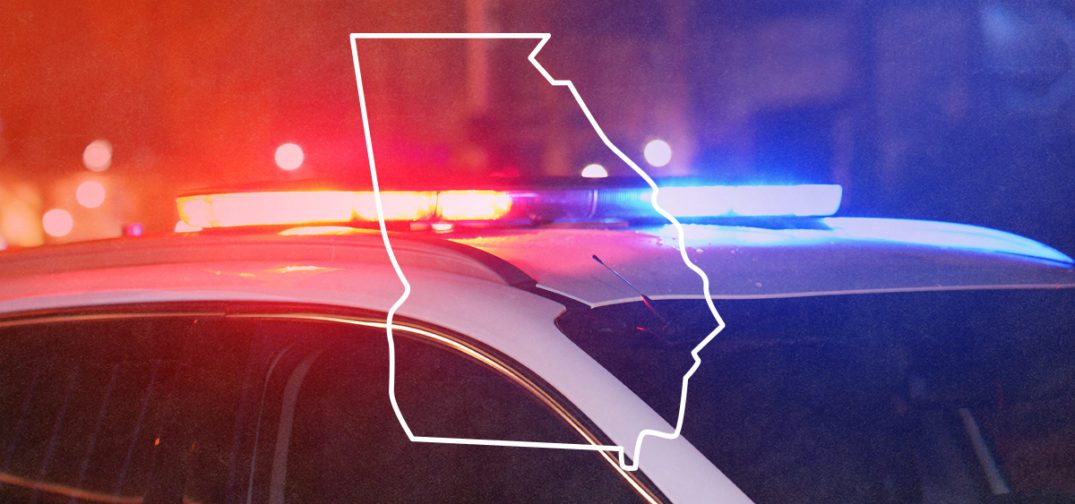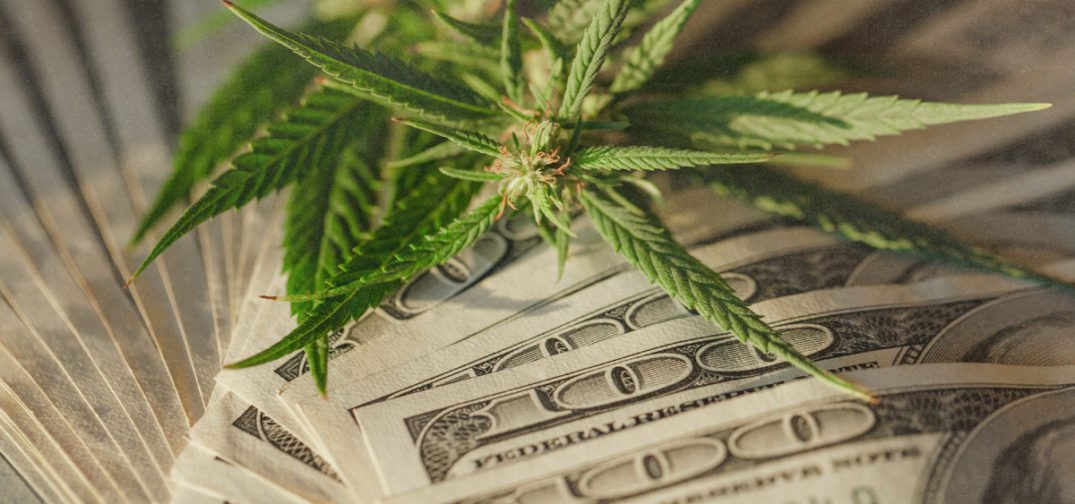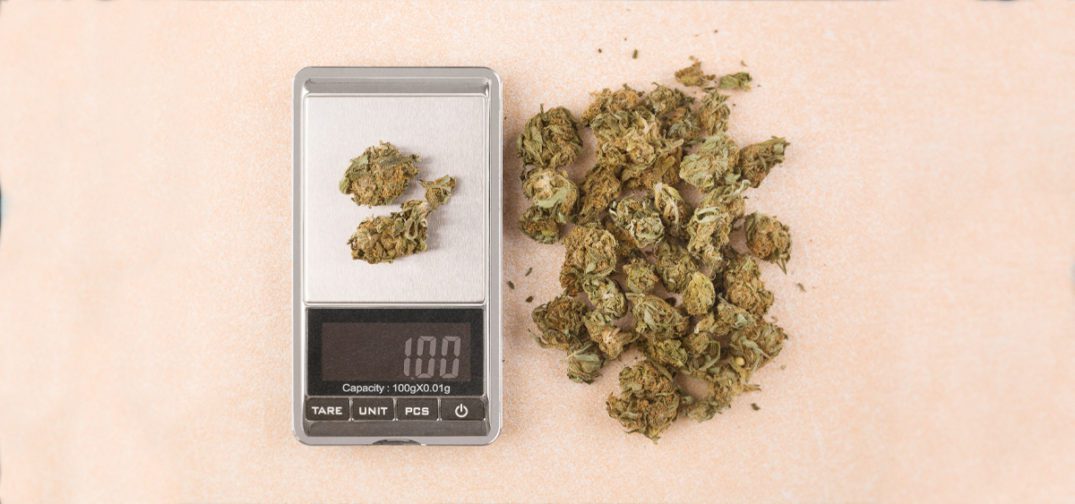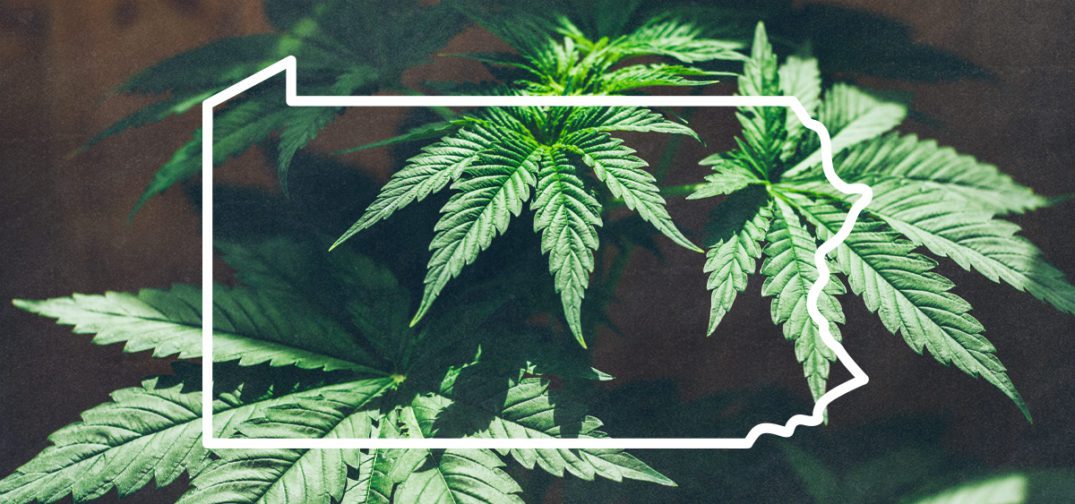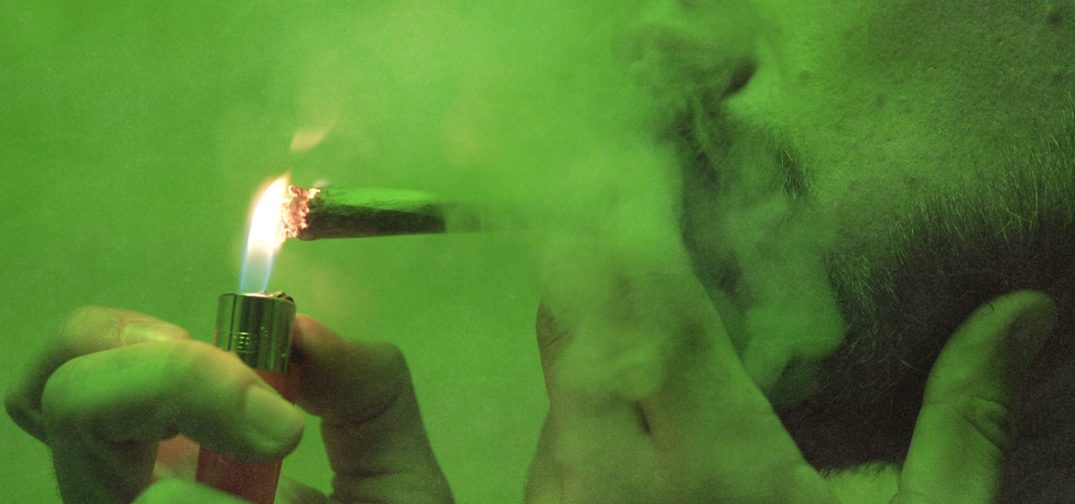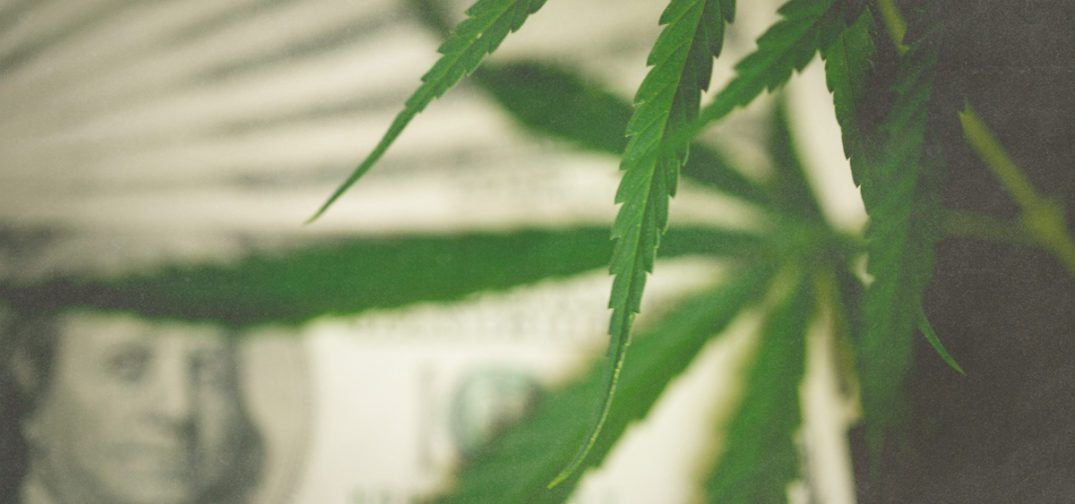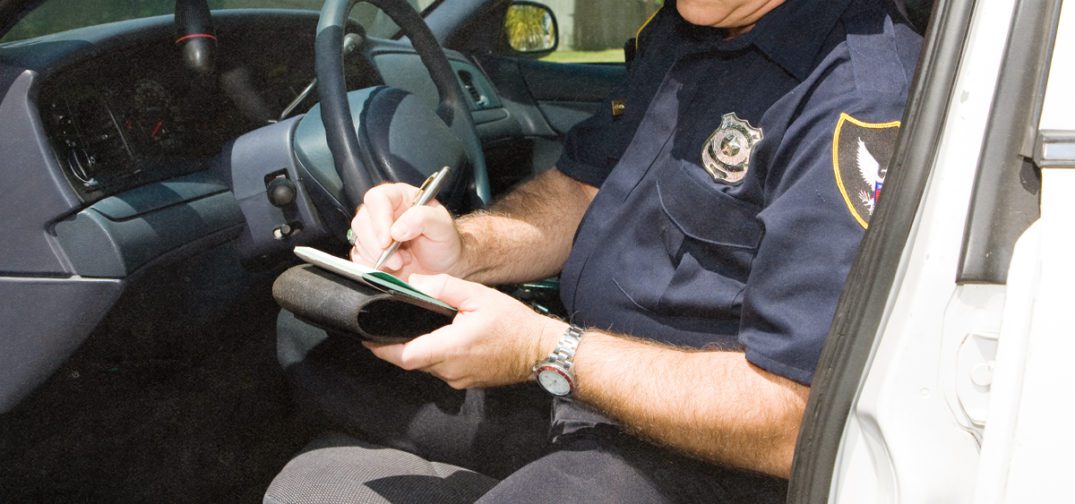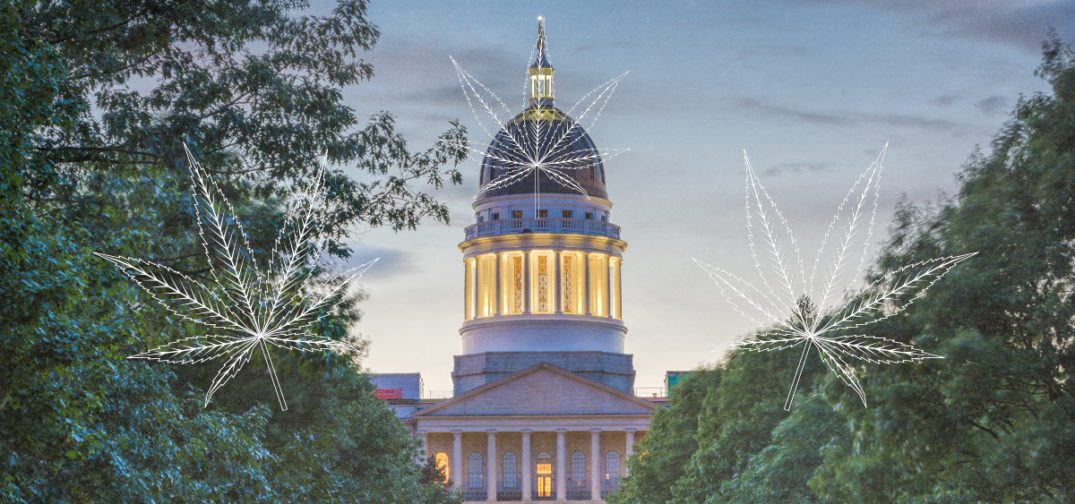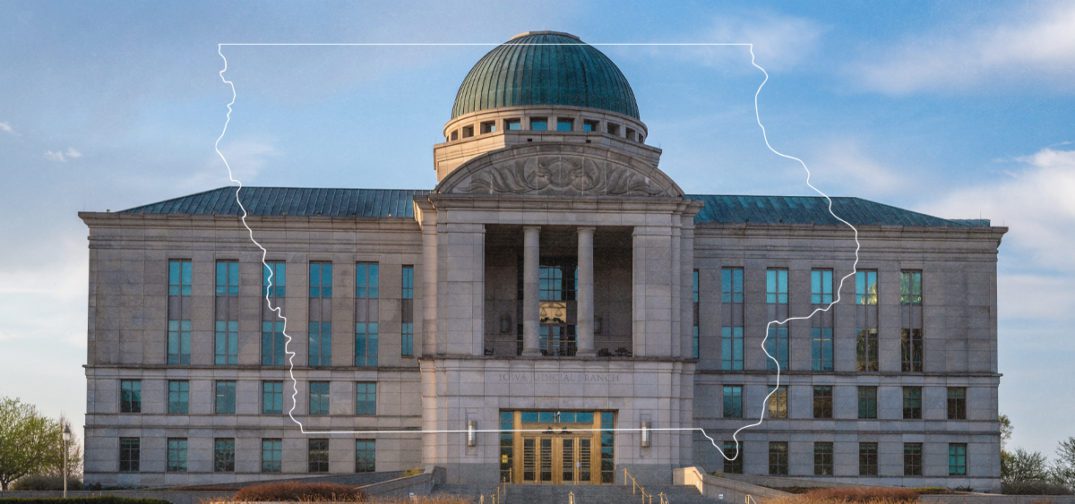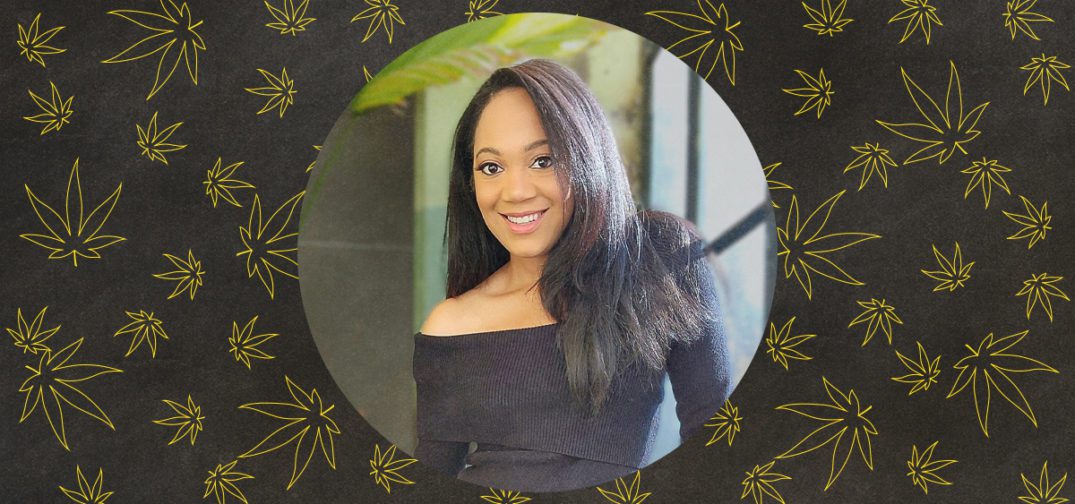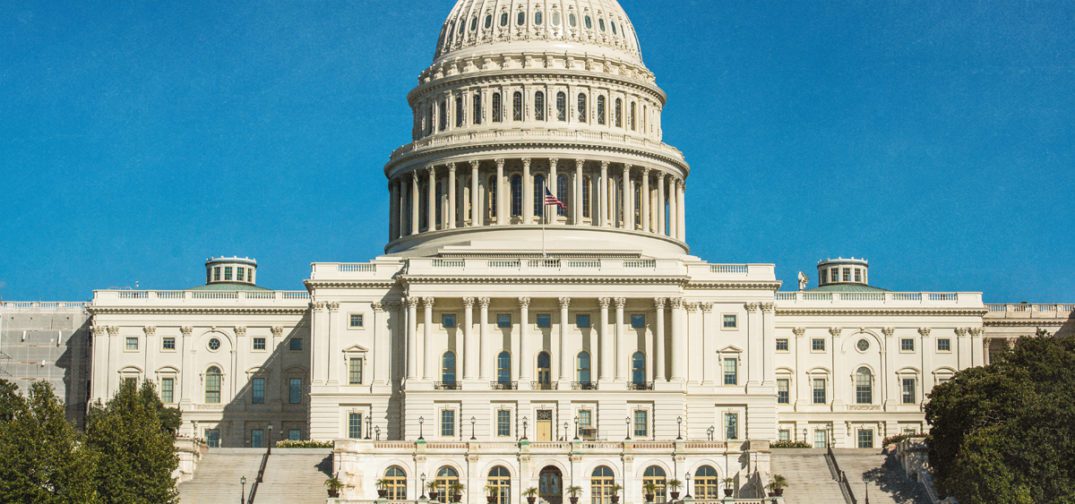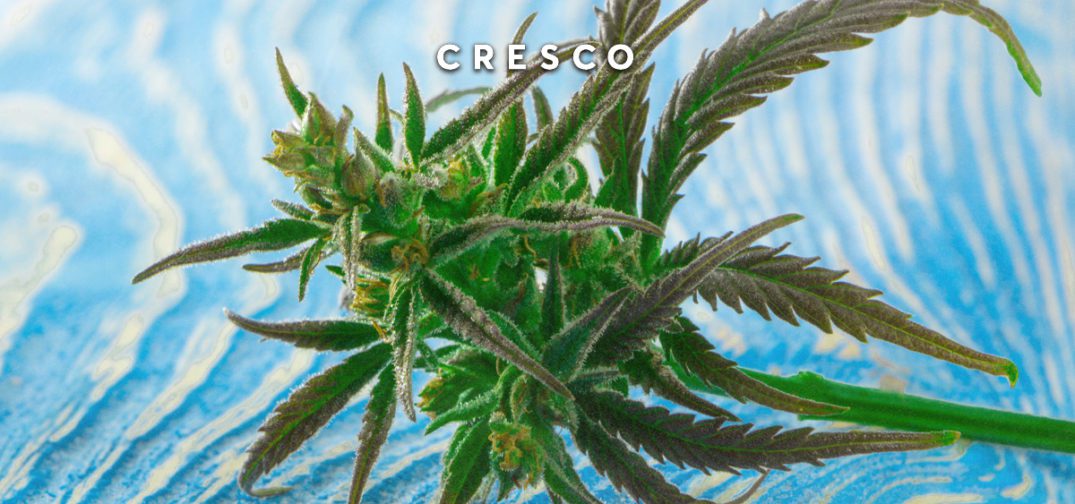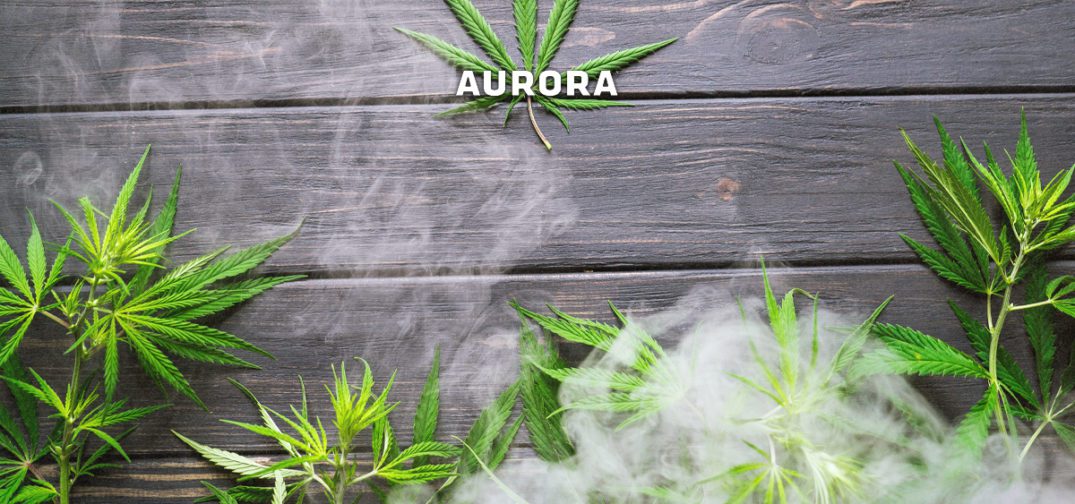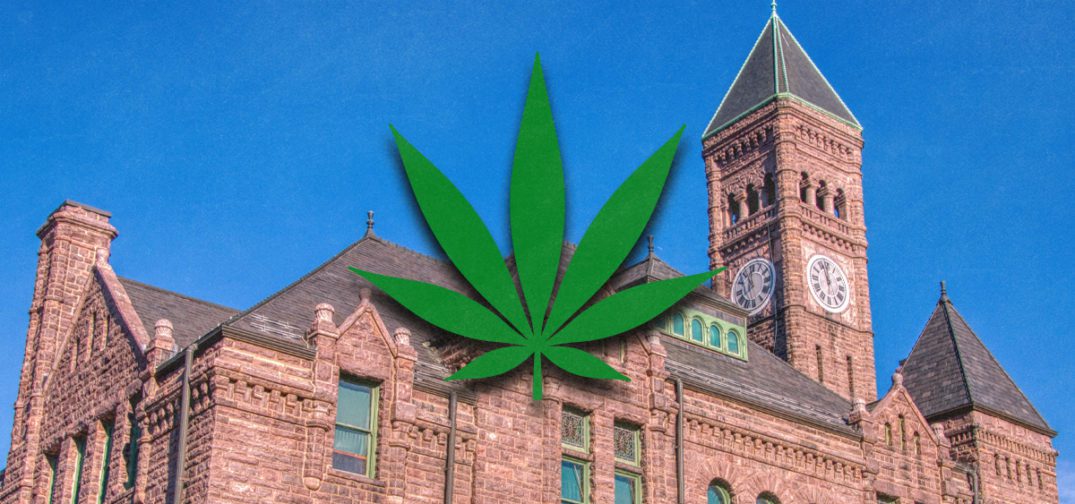Despite the medical cannabis industry’s rapid development, medical professionals are still entering the workforce with minimal cannabis knowledge and most are woefully unprepared to handle cannabis-related questions from their patients.
That was the starting point for Cansoom, which was founded by a medical professional, for medical professionals, to bridge the gap between the modern medical industry and the burgeoning cannabis movement. We recently interviewed Cansoom’s founder Lolita Korneagay about the company’s founding, building the curriculum for her educational programs, her inspiration to continue learning and teaching about the medicinal properties of cannabis, her advice — and new coaching course — for hopeful cannabis entrepreneurs, and more!
Find the full interview below:
Ganjapreneur: What inspired you to create Cansoom?
Lolita Korneagay: The inspiration for Cansoom comes from a personal need. Around 2012, I was diagnosed with multiple medical issues that caused severe pain, which had a significant impact on my quality of life. I tried everything to minimize the pain, including medical devices, high dosage pain pills, and invasive surgery. Nothing seemed to work. So eventually, I tried cannabis.
At first I was very hesitant to try a drug that had so much stigma attached to it. My entire life, I was told that cannabis is a drug and drugs are bad. But I knew that cannabis had medicinal properties that have been proven to help a wide variety of diseases and ailments. So I took the leap and began testing different dosages in order to create a treatment plan for myself. When I found my minimum effective dose, I was finally able to control my pain.
While I was doing research, I realized that my nursing education did not teach me about the endocannabinoid system, which is the foundation for using cannabis as a medicine. So I spent weeks learning about how it works and the role that cannabis can play in creating homeostasis within our body. This is when I realized that more medical professionals needed to learn this information and Cansoom was created.
Cansoom was founded on the idea that medical professionals, such as nurses, would go through training to become medical Cannabis Consultants, and then they would act as a conduit to pass along their medical cannabis expertise to their communities.
How did you build the curriculum for the Medical Cannabis Consultant program?
It took a lot of old-fashioned research to create the Cansoom curriculum. I attended cannabis conferences and took copious notes when I heard experts speak, I bought and read countless books that focused on the medical uses for cannabis, and I took a couple of classes to learn about the endocannabinoid system.
The biggest issue that I had while creating the curriculum was that there just wasn’t a lot of creditable information available at that time. So I had to really take my time to ensure that I was learning the proper information before I taught it to other people. This process took about a year.
Going through the tedious process helped me shape the curriculum because I wanted to make learning about cannabis easier. As a nurse, I knew that most medical professionals needed a comprehensive course that didn’t take a long time to complete. So that’s what I created. When I first launched in 2017, the Cansoom curriculum was the most comprehensive in-person training program that taught licensed medical professionals about medical cannabis.
Our understanding of the cannabis plant is growing quickly. Do you continue learning and developing the curriculum to reflect new findings?
Absolutely! I update my book, The Medical Cannabis Consultant’s Handbook, as the laws change and when new scientific discoveries are made. I especially like to learn and teach about the new cannabinoids that are being synthesized from hemp. These cannabinoids, like D8 and D10, are 100% legal and can provide some of the same benefits of D9. It’s important to me that my students know as much about the plant as possible so I always want to make sure that I stay on top of any new discoveries.
What do nurses, doctors, and therapists do next after completing the Medical Cannabis Consultant program?
After completing the Cansoom Medical Cannabis Consultant program, the possibilities for medical professionals are almost limitless. My program provides them with the foundational knowledge to enhance their current careers or start their own businesses.
Some of my previous students have started medical cannabis consulting businesses, written cannabis-related books, become cannabis influencers, produced cannabis-infused products, become cannabis advocates, started ancillary cannabis businesses, and they have become industry speakers.
I always tell my students that the cannabis industry is still new and you can create your own lane within it. I recommend that they find a way to combine their passion and professional knowledge to create a cannabis side-hustle, business, or career that they love.
When did you build the 12-week Cash In On Cannabis coaching program?
Since the beginning of Cansoom, my students have asked me for a course that taught them about the business-side of the cannabis industry. I’m a serial entrepreneur, so I know that the process of launching a new business is not as easy as it seems. Since I launched Cansoom five years ago, I’ve developed a set of processes and strategies that are tested and proven to work time after time.
This year, I decided that it was time to share my system with the world and so I launched the Cash In On Cannabis coaching program. It’s a 12-week coaching program that guarantees a student will launch their business idea within a month of completing the program.
What is the most valuable thing that students will take away from the coaching program?
I designed the program to overcome the biggest challenges I’ve seen people get stuck with and that I’ve had trouble with myself…things like choosing software programs, creating sales strategies, having a plan to follow, and being held accountable. So the most valuable thing that students will take away from participating in the program is that they will have a proven blueprint to follow that they could use for many years to come. They will know that they can do it and have the support they need to get it done.
What inspired you to plan the first Cansoom Medical Cannabis Conference?
Pre-pandemic all of my training classes were held in person in Los Angeles. During each class, everyone would always have such a good time and I would literally have to push people out of the door at 5 pm. The networking that occurred during the training classes was one of the valuable benefits of joining the Cansoom community of consultants. So my students started to ask for more time together.
Originally, I created the Cansoom Medical Cannabis Conference as a way for my previous students to continue to learn about cannabis while connecting with each other. The first conference in 2020 was a huge success with students from all over the country convening in Las Vegas for two days. We had so much fun and a lot of friendships were made that weekend.
Are there any new events or educational offerings on the calendar at the 2022 Conference?
We are still in the planning stages, but one of the benefits of completing the Cansoom program is that all students are encouraged to apply to speak at the conference. I want to help any of my students who want to launch speaking careers by giving them a platform to speak on. Therefore, I accept speaker proposals from my students before searching for speakers outside of the community.
I’ve been watching some of my student’s cannabis-careers mature and we have some stellar students with amazing niches and points of view. Such as Jasyra Hines, who teaches women how to improve their health with cannabis. Or Erica Danielle who teaches women how to medicate, masturbate, and meditate.
Who can attend the Conference?
Now that it is becoming safe to gather in large groups again, I plan on hosting the next conference later this year and I will open up to the general public, but the target audience will be licensed medical professionals.
As someone who left a high-profile career to build your own successful business, what is one essential piece of advice for a hopeful entrepreneur?
Outwit. Outplay. Outlast. Yes, that’s the motto from Survivor but it’s also what you must do to be a successful entrepreneur. Use your creativity to outwit your competition. Create strategies to outplay them. And if you can outlast them, you win!
Thank you, Lolita, for answering our questions! Our readers can visit Cansoom.com for more info.
